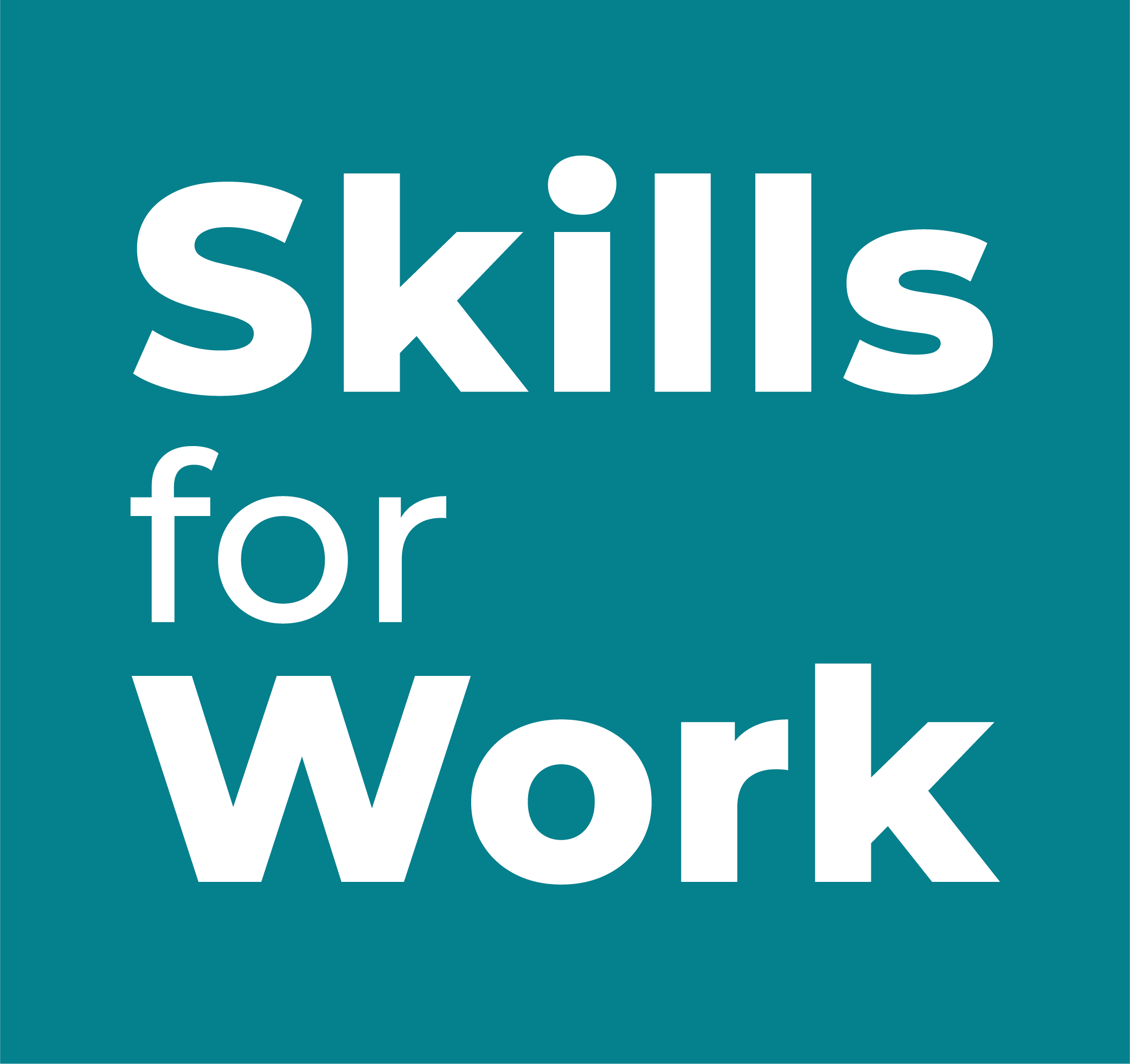
Choices at 14
If you are in year 8 or 9, you will soon have to make decisions on your options for year 10 and 11. Whilst GCSEs are the main qualifications that young people do in key stage 4 (year 10 and 11), some young people may find alternative qualifications are a better fit for them. This page explains the different options and will help you to decide what is best for you…
GCSEs
Most young people undertake GCSEs at school. You will be able to choose some of your GCSE courses, but some of them will be compulsory. It's important that you think carefully about which subjects to take, as this will affect the choices you have later on for further education, jobs and other training. If you are struggling to decide which are the best options for you, talk to parents/carers, teachers or a careers adviser in school who will be able to help you. Scroll down for more information on GCSE options
BTECs and other Vocational Awards
Short for Business and Technology Education Council, BTECs are practical-based vocational qualifications, providing the opportunity to gain hands-on experience in a field or subject. They're an alternative to the more classroom-based, 'academic' ways of learning and might be a better fit for you. Your school will tell you which subjects they offer at BTEC, and if they offer other vocational awards.
Alternative Provision
Some young people may find that alternative provision is a better option for them, this may include young people that are home-schooled, have special educational needs or disabilities, or struggle with being at school. If you think that alternative provision is something you might benefit from, more information can be found on the Parents/Carers page.

Compulsory Subjects
The three main subjects which you have to take are:
- English
- Maths
- Science
These subjects are really important for you, as they make a solid foundation to move on from.
Some schools might also require you to take certain subjects, such as history or geography, a language or religious education.

Optional Subjects
There is a whole range of different GCSE subjects to choose from, and schools must offer at least one subject from each of these areas:
- Arts
- Design and technology
- Humanities
- Modern foreign languages
- Media
- Business
- Performing arts
- Computing/IT
The exact subjects offered will differ depending on which school you attend, so check the information given to you carefully before making any decisions.

GCSE Grades
GCSEs are now graded on a scale of 1-9. Grade 9 is the highest grade and is awarded to the highest achievers.
It is generally accepted that a grade 4 is a pass, and is the minimum level that learners need to reach in English and maths. If you don't get at least a 4, you will have to continue studying these two subjects past age 16.
Some 6th forms or colleges will require a level 5 or 6 to study specific A levels, so check this out.
Learner
Care Leaver Kayleigh Secures Apprenticeship with Bradford Council
Kayleigh, a young care leaver from Bradford who was supported by Engagement Advisers at SkillsHouse, has successfully secured a Deputy Registrar Apprenticeship with Bradford Council.
Learner
Odsal Stadium Jobs Fair: Empowering Local Talent Through Community Partnership
Another successful jobs and training fair, which attracted over 120 jobseekers has taken place in Bradford.


